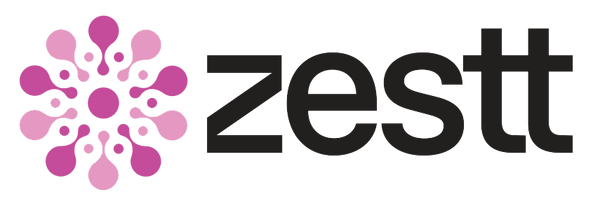We become frustrated when the “science changes” – it makes us distrust information we are given, yet it’s not that the science changes, it’s that we learn more and weirdly, we seem to know less.
We have a guest coming onto our “Wellness for the Rest of Us” podcast soon, Michael S. Fenster (MD), and I have been reading one of his books “Food Shaman – The Art of Quantum Food” which is a philosophical exploration of food and the knowledge of ancient healers, “shamans.”
As I read the book, I found I was highlighting passage after passage (some of which I will incorporate in this blog) and as I read, I was shaking my head, gazing at the roof as lightbulbs in my brain exploded.
In a sense, the book explores what we know now and what we have forgotten in our pursuit of scientific knowledge:
“Observer bias is one of the first and foremost potential errors that needs to be eliminated in the design of any experimentation to be utilised in hypothesis testing. Unfortunately, it is becoming increasingly apparent that reality does not operate within or recognise such arbitrary distinction.”
I interpret this as our quest for proof in modern science often inhibits us from believing what we can’t prove, because often what we can’t prove are the elements that are too big for scientific experimentation.
“We become lost in logic, too rational, to obsessed with analytical measurements and analytical thinking, we become too one-dimensional.”
Dr Fenster explores the art of ancient healers, who he describes as “Shamans,” the term incorporating many ancient and indigenous healers and practices - Ayurvedic medicine, Rongoā (Māori medicine) and others. What the Shamans are comfortable with is living across the known and unknown worlds and it’s interesting thinking about this in terms of our relationship with food as sustenance.
“In our quest for sustenance, the daily act of consumption ties us to this reality of this microcosm within a macrocosm. We are all interconnected to one another like entangled particles. The shamans of antiquity knew this and it powered their work. We have forgotten.”
As we face a world of global agricultural food chains and corporations controlling how that food is presented to us in the form of large supermarket chains, it is hard to question or change how we live, yet we must.
“What we choose to eat each day is the most intimate and powerful expression of the interaction between our environment and our genetics. This simple daily activity is the fulcrum upon which we teeter between health and wellness or disability and disease.”
And there is the nub – it is not enough for us to breakdown our food groups and say – carbohydrates are good or bad for us or we need to eat in a certain way on a certain week, we need to insert ourselves back into understanding the world around us, how we fit in that world, how we can do good to that world and in doing so, heal ourselves.
“Nutrition is an act of science; the food experience is an act of spirit.”
“Our humanity demands a complexity far in excess of such simple machinations. For living systems are always in a state of evolution or dissolution.”
We need to embrace our place on this earth for our own health, the health of our species and other species across the planet, otherwise sadly -
“We are ordering disaster at the drive-through.”
At Zestt, we speak a lot about having a biodiverse diet, especially a diet rich in fruits and vegetables of different colours – 30 different species a week if you can!
That is the modern science and it tells us that by doing this we will increase the biodiversity of our gut microbiota which are critical for cell signaling, immunity, mental health and health balance. Our ancestors knew this inherently, yet in the Western world we have looked down on such ancient knowledge as “unscientific” – we looked down on such knowledge because we thought we understood better, we looked down on such knowledge because the experiment we designed was too small.
As we view the damage we have down to the health of ourselves and the health of the planet, it is time to “break the bread of the ancestors” and “return to the nexus of our shared food experience.”
At Zestt, we support the use of modern medicine, but we have always said, it must not be in isolation of greater lifestyle factors.
“What is often overlooked in modern medicine is what the shaman incorporates; that true healing has both technical and symbolic components.”
We are so excited to be speaking with Dr Fenster for our podcast, which we will be bringing to you soon. There is a power and a beauty in the exploration of old and new knowledge. By bringing them together, we might create a better day tomorrow and a better future for our grandchildren.
I finish with one more quote from the book, which is actually a quote from Albert Einstein:
“I believe in intuition and inspiration. Imagination is more important than knowledge. For knowledge is limited, whereas imagination embraces the entire world, stimulating progress, giving birth to evolution. It is, strictly speaking, a real factor in scientific research… In a certain sense, therefore, I hold it true, that pure thought can grasp reality, as the ancients dreamed.”
Please contact Anna anna@zesttwellness.com 027 4861418 or Darcy at darcy@zesttwellness.com 0275992255 at anytime if you have any comments, questions or thoughts.
 United States
United States New Zealand
New Zealand
